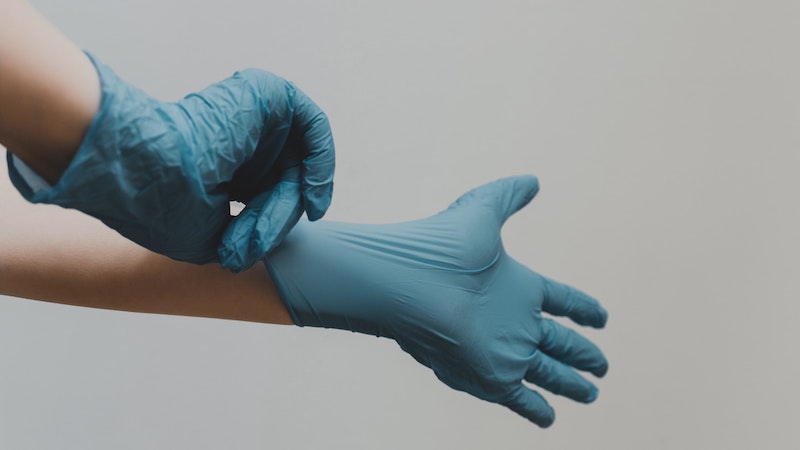Surviving Burnout in a Crisis: From Health Care to Essential Workers
Episode #3 of the course Life in the time of burnout by Dr. Kimberlee Bethany Bonura
Under ordinary circumstances, half of physicians and a third of nurses report experiencing symptoms of burnout. [1] In fact, the concept of burnout emerged in the 1970s from psychologist Herbert Freudenberger’s work at a drug addiction clinic, and the emotional depletion he observed in the clinic’s medical staff. He observed that the staff were exhausted due to “excessive demands on energy, strength, or resources.” So, while burnout shouldn’t be normal, it is in fact a common experience among medical professionals, and it can be exacerbated during times of pandemic, when health care needs overrun health care system capacity. Adding to the stress of the situation is that burned-out physicians are more likely to make major medical mistakes. [2]
Having empathy for the people you care for is important – but in times of crises, like the COVID-19 pandemic we’ve all survived – the constant stress of death, loss, and trauma in medical settings can cause medical, mental health, and caregiving professionals to experience “compassion fatigue.” [3] Research indicates that health care professionals may not have accurate perceptions of their own burnout, and so it’s important for professional colleagues to support each other – and point out potential signs of burnout, such as negative feelings about clients, reduced quality of care, a tired appearance, reduced eye contact, irritability or agitation, and poor communication. [4]
Common approaches for addressing, managing, and preventing burnout include strategies such as self-care (including sleep, diet, and exercise interventions), mindfulness practice, managing workload, and identifying (and consistently using) social support structures. We’ll talk more about many of these strategies in the days and lessons to come. However, in a true health crisis, such as what many health care professionals experienced in the peak of COVID-19, medical professionals may find themselves so overwhelmed with workload and case numbers [5], without the opportunity for the work-life balance that is necessary as a long-term approach to burnout prevention and recovery.
This can have long-term consequences. Health care workers in Hong Kong on the front lines of the 2003 SARS outbreak experienced significantly increased depression, anxiety, and PTSD a year after the outbreak. [6]
In the midst of a crisis, management should offer frequent shift changes, dedicated break space, and on-call support resources for staff to process the stress they are bearing. Early COVID-19 research reported in The Lancet found that what staff needed most in a crisis was an opportunity to rest. [7] This is worth considering when you’re in the heat of a crisis: what you need most is time for recovery. Self-care strategies like exercise are important, but the most vital need you have, in the midst of a crisis, is to get enough sleep. Research consistently emphasizes the role of sleep in mental health and functioning, and we’ll talk more in a future lesson about why sleep is necessary. For now, your key takeaway should be that when you are in crisis, you must find a way to get the sleep your body needs to help you function.
If you’re in the midst of a crisis, accept that afterward, you will feel emotional distress, and you will need recovery time. It’s not a personal failure – it’s a consequence of crisis survival. If you’re aware and prepared that you will feel anxiety, depression, and perhaps even PTSD, it won’t eliminate the psychological distress, but hopefully, it will help you to better understand why you are feeling distressed.
In future lessons, we’ll talk more about the kinds of self-care and stress management that you can use both to recover, and to hopefully increase your resilience to weather future storms.
For today, if you’ve survived a crisis, then remember the importance of sleep as a vital component of self-preservation. And maybe go take a nap.
References
[1] Burnout in United States Healthcare Professionals: A Narrative Review
[2] Burnout and Medical Errors Among American Surgeons
[3] From the American Psychological Association, Are You Burned Out?
[4] Burnout and Medical Errors Among American Surgeons
[5] Amidst a Pandemic, a Mental Health Crisis May Be Looming
[7] Mental Health Care For Medical Staff in China during the COVID-19 Outbreak
Share with friends

